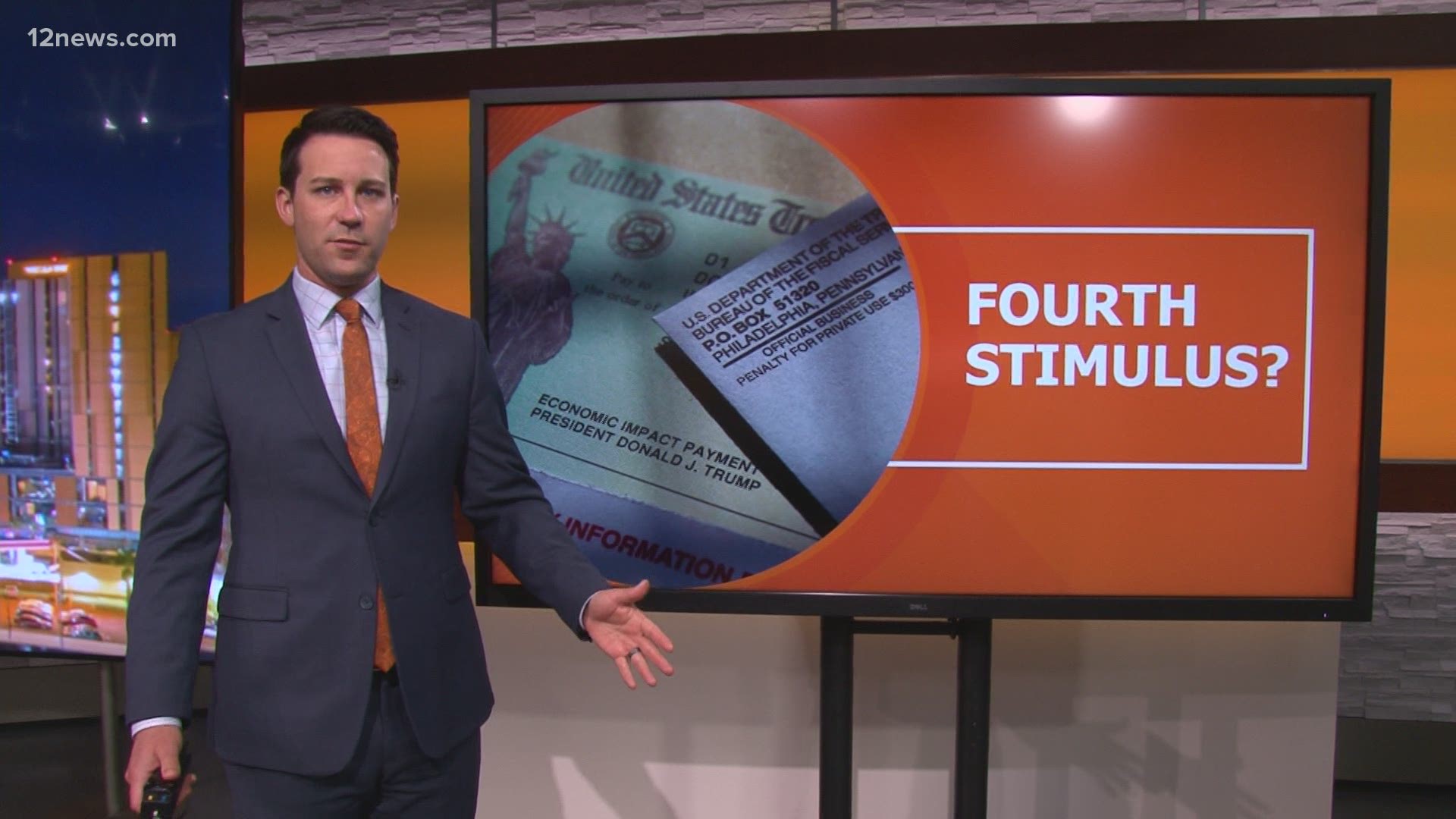WASHINGTON — The Internal Revenue Service said Wednesday that it plans to begin processing stimulus checks for Veterans Affairs benefit recipients at the end of this week.
The agency said it is continuing to review files from the VA covering individuals who receive benefits but don't normally file a tax return. Assuming no issues pop up, the IRS said it will begin processing the payment files this week and the majority of the payments will be disbursed electronically and should be received on Wednesday, April 14.
The IRS projects its online payment tracker, the Get My Payment tool, should be updated this weekend with VA beneficiary payment information.
The updated timeline for VA beneficiaries was part of Wednesday's announcement that the Biden administration has so far issued more than 156 million payments from the American Rescue Plan COVID relief bill. That total included 25 million stimulus checks that were primarily to Social Security beneficiaries who hadn't filed 2019 or 2020 tax returns.
The IRS said a large set of payments for those on Social Security retirement, survivor or disability, Supplemental Security Income, and Railroad Retirement Board went out last Friday. For those who are receiving the payments electronically, they should have shown up in accounts on Wednesday.
The first stimulus payments for most Americans went out on March 17, but payments for federal beneficiaries who didn't file a tax return were delayed. The IRS said it was able to start the payment process after receiving data on March 25 from the Social Security Administration.
The agency said most Social Security retirement and disability beneficiaries, railroad retirees and Veterans Affairs benefits recipients who are eligible for the stimulus payments do not need to do anything to get the payment.
Americans who made up to $75,000 in 2020 will get the maximum $1,400 check. Couples who file taxes jointly and made up to $150,000 will get $2,800. There's a $1,400 kicker for each dependent in the household. If the IRS doesn't have the information about that dependent on file, the agency said it may be necessary for some federal benefit recipients to file a 2020 tax return to provide those details.
Travis Pittman and the Associated Press contributed to this report

